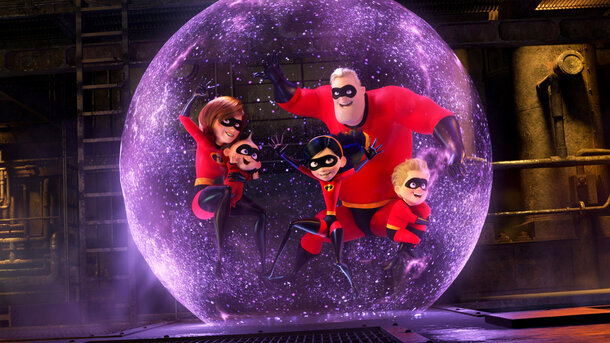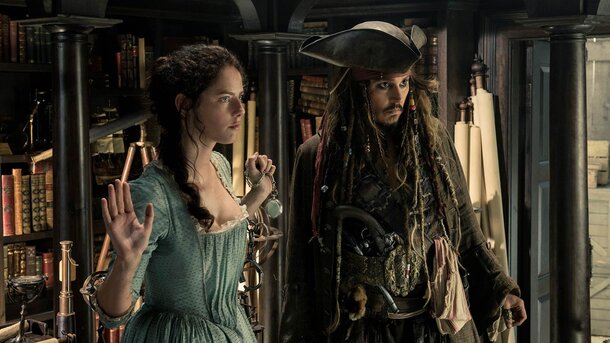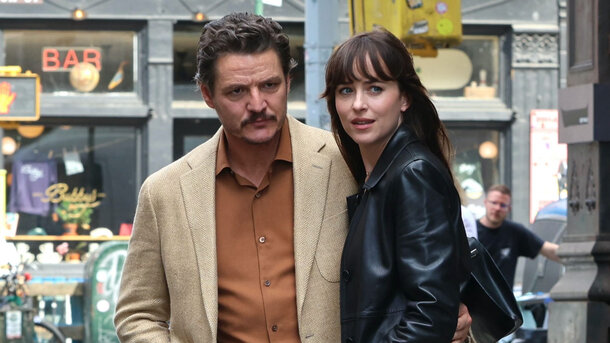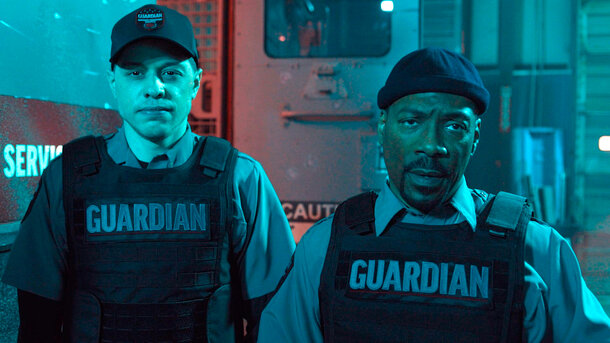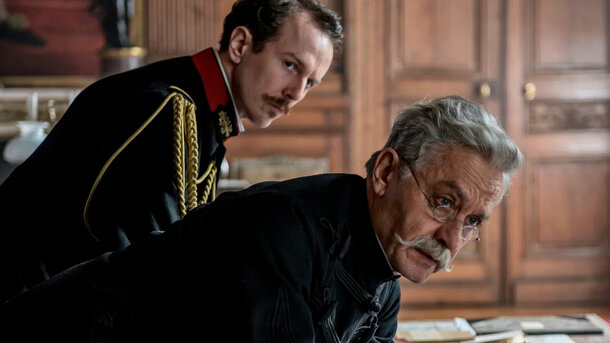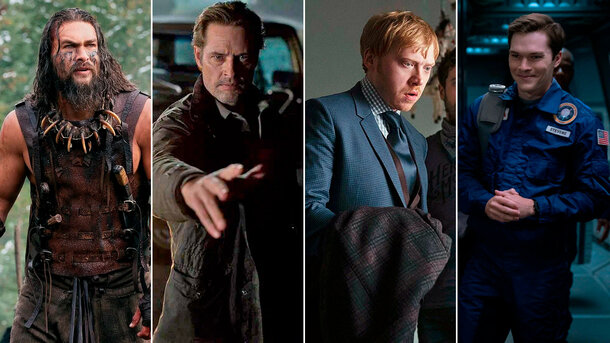Forrest Gump is one of those rare cases where the film adaptation became just as famous — if not more — than the original novel. Yet, the gap between Winston Groom’s book and Robert Zemeckis’s iconic film is vast, not just in plot but in spirit, message, and the way we perceive the protagonist.
The Book’s Forrest: Rough, Cynical, and Absurd
In the novel, Forrest is far from the idealised, naïve character the film presents. He’s rough around the edges, sometimes even cynical, grappling with his limitations and responding to the world in a uniquely sharp way. His adventures are often absurd and grotesque: he becomes an astronaut, a rock band leader, and even encounters cannibals. For instance, in the book, Forrest joins the Steve Miller Band and is once kidnapped by cannibals — moments dripping with satirical bite that underscore the chaotic, fragmented America of the 1980s.
The novel brims with irony, bitterness, and sharp social commentary. Despite his limited intellect, Forrest occasionally reveals wit and cynicism, contrasting starkly with the film’s gentle, innocent portrayal. He isn’t always the "kind-hearted simpleton" — his worldview can be dark and complex, and his relationships far from straightforward.
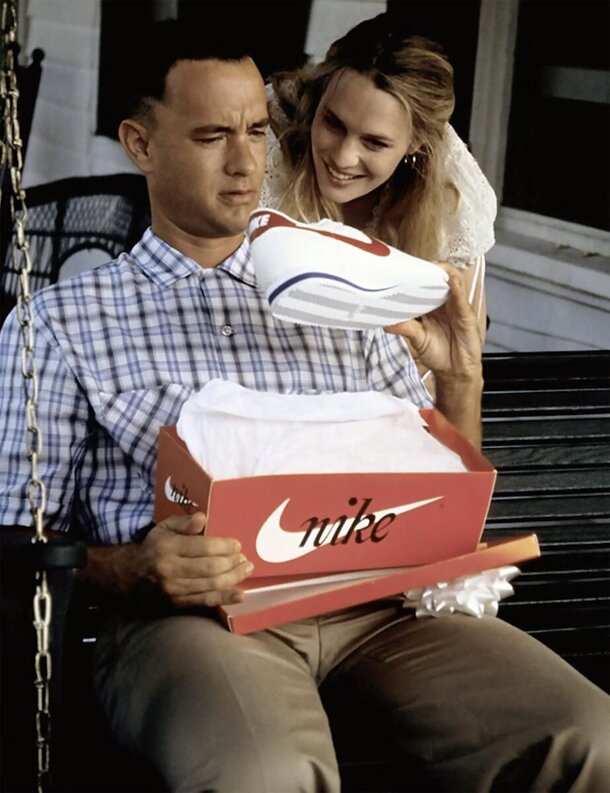
The Film’s Forrest: Warm, Inspirational, and Timeless
The film, meanwhile, charts a warmer, more straightforward, and uplifting narrative. Zemeckis transforms Forrest into a symbol of kindness, resilience, and pure-heartedness — a man who, despite his challenges, witnesses and partakes in key moments of 20th-century history. The storyline trims the sharp edges and amplifies sentimentality, crafting a parable about optimism and love that resonates widely. Take the iconic running scenes: in the film, Forrest’s running becomes a metaphor for life’s journey, while in the book, it’s more an escape from reality amid the chaos.
Different Eras, Different Intentions
These differences reflect distinct eras and intentions. Groom’s novel offers a sharp, critical lens on modernity, blending absurdity and alienation. Zemeckis’s film is a heartfelt fairy tale, crafted to inspire and uplift a broad audience, achieving timelessness.
Interestingly, Groom himself acknowledged the film’s departure from his book but praised it nonetheless, highlighting how varied interpretations can coexist and enrich cultural heritage.
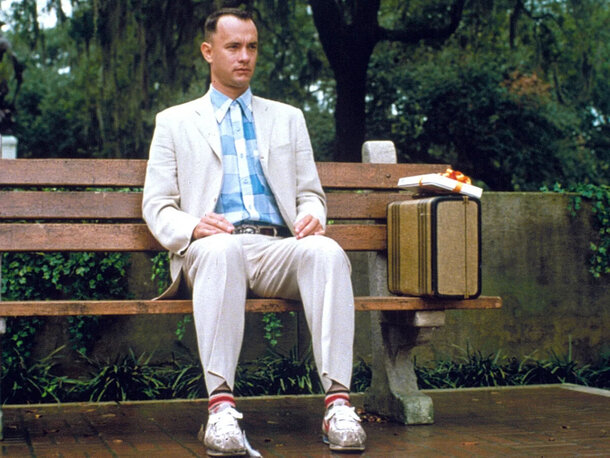
Who Wins: Book or Film?
Ultimately, who "wins" — the book or the film? That’s a matter of personal taste. For lovers of irony and social satire, the novel reigns supreme. For those seeking inspiration and emotional connection, the film delivers in spades. Either way, Forrest Gump’s story has secured an eternal place in the hearts of millions.


